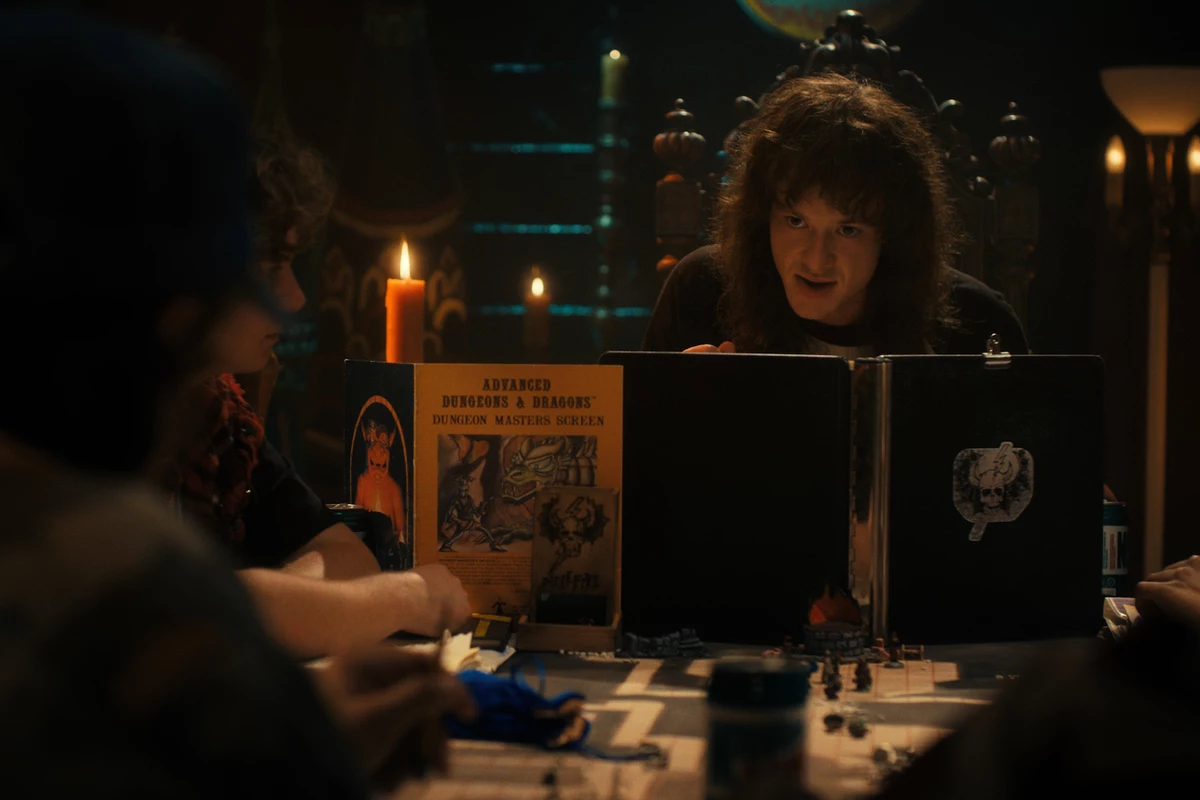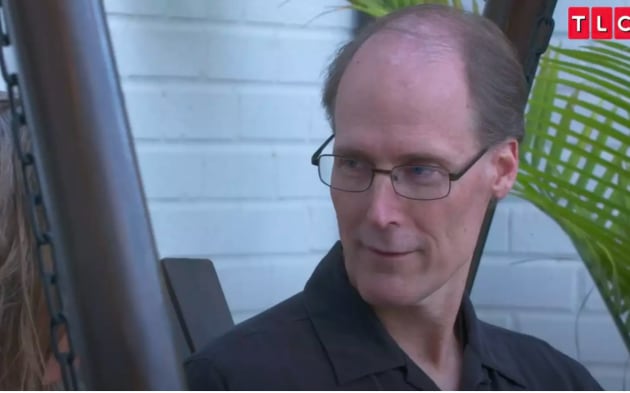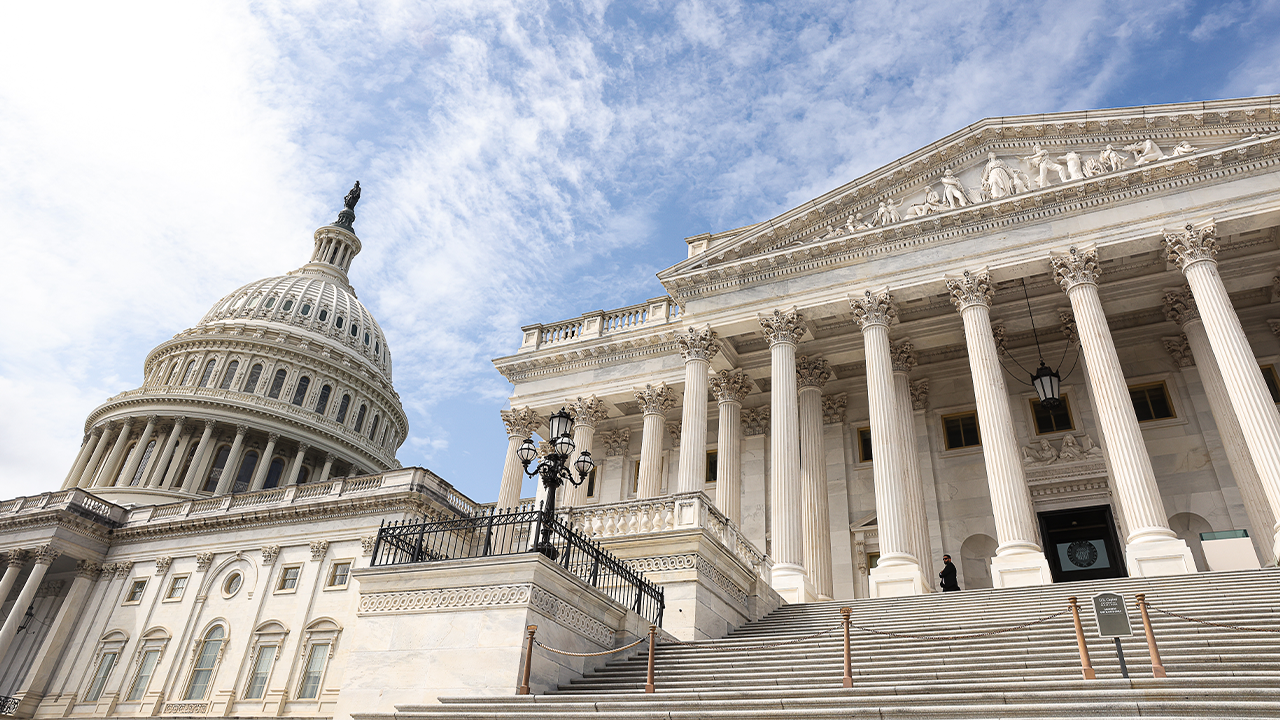
LONDON (AP) — British Prime Minister Boris Johnson says he plans to stay in power despite the resignations of two top Cabinet ministers and a slew of more junior officials.
Johnson told lawmakers Wednesday that “the job of a prime minister in difficult circumstances when you’ve been handed a colossal mandate is to keep going.”
Johnson’s hold on power has been shaken by the resignations of Treasury chief Rishi Sunak and Health Secretary Sajid Javid. They quit Tuesday saying they could no longer support Johnson because of his handling of ethics scandals including the case of a senior official accused of sexual misconduct.
Johnson quickly replaced the two men, but a string of junior ministers have also quit, and Johnson’s support inside his Conservative Party is shrinking rapidly.
Opponents hope to change party rules to allow a new no-confidence vote in Johnson. He survived one such vote last month, with 41% of lawmakers voting against him.
THIS IS A BREAKING NEWS UPDATE. AP’s earlier story follows below.
LONDON (AP) — A defiant British Prime Minister Boris Johnson was battling to stay in power on Wednesday after his government was rocked by the resignation of two top ministers, who said they could no longer serve under his scandal-tarred leadership.
His first challenge is getting through Wednesday, where he faces tough questions at the weekly Prime Minister’s Questions session in Parliament, and a long-scheduled grilling by a committee of senior lawmakers.
Months of discontent over Johnson’s judgment and ethics within the governing Conservative Party erupted with the resignations of Treasury chief Rishi Sunak and Health Secretary Sajid Javid within minutes of each other on Tuesday evening. In a scathing resignation letter, Sunak said “the public rightly expect government to be conducted properly, competently and seriously. … I believe these standards are worth fighting for and that is why I am resigning.”
Javid said the party needed “humility, grip and a new direction” but “it is clear this situation will not change under your leadership.”
Johnson quickly replaced the two ministers, promoting Nadhim Zahawi from the education department to the Treasury and installing his chief of staff, Steve Barclay, as health secretary.
But a string of resignations late Tuesday from more junior ministers — from both the liberal and right-wing branches of the Conservative Party — showed that danger to Johnson was far from over.
In the past few months, Johnson has been fined by police and slammed by an investigator’s report over lockdown-breaching parties in government during the pandemic; survived a no-confidence vote by his party in which 41% of Conservative lawmakers voted to oust him; and has seen formerly loyal lieutenants urge him to resign.
Through it all, he has vowed to carry on governing — even suggesting he wanted to stay in office until the 2030s.
The final straw for Sunak and Javid was the prime minister’s shifting explanations about his handling of a sexual misconduct scandal.
The latest scandal began last week when lawmaker Chris Pincher resigned as Conservative deputy chief whip amid complaints that he groped two men at a private club. That triggered a series of reports about past allegations leveled against Pincher and questions about why Johnson promoted him to a senior job enforcing party discipline.
Johnson’s office initially said he wasn’t aware of the previous accusations when he promoted Pincher in February. By Monday, a spokesman said Johnson knew of allegations that were “either resolved or did not progress to a formal complaint.”
When a former top civil servant in the Foreign Office said Johnson had been briefed about an allegation against Pincher in 2019, Johnson’s office changed its story again, saying the prime minister had forgotten that Pincher was the subject of an official complaint.
It was all too much for ministers who have been sent onto radio and TV to defend the government’s position, only to find the position changing by the hour.
Bim Afolami, who quit as Conservative Party vice-chairman on Tuesday, said he had been willing to give Johnson the benefit of the doubt, “but I think that in the last few weeks we’ve seen that things haven’t improved. They’ve got a lot worse.”
“I think the behavior of Downing Street over the Chris Pincher affair was really appalling. And I, personally, just couldn’t think I could defend that sort of behavior any longer,” he told the BBC.
Johnson’s opponents in the party hope more Cabinet ministers will follow Sunak and Javid, though for now other top officials — including Foreign Secretary Liz Truss, Defense Secretary Ben Wallace and Home Secretary Priti Patel — are staying put.
Opponents are also trying to force another no-confidence vote over the prime minister. The existing rules require 12 months between such votes, but the rules are made by a powerful party committee — and elections for its executive are due in the next few weeks.
Follow all of AP’s coverage of Prime Minister Boris Johnson at https://apnews.com/hub/boris-johnson

























































